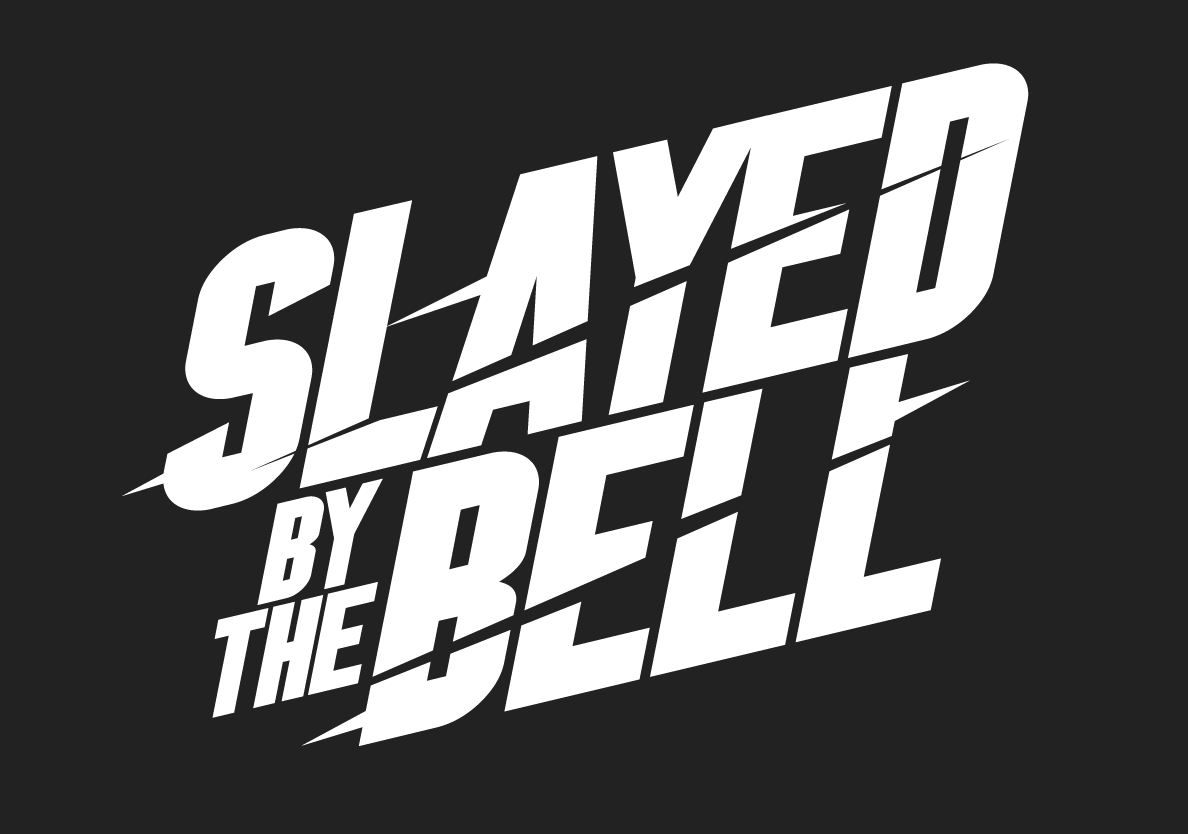Blindness and/or Bullshit
Behind the curtain, school leadership apparently wields wizard-like power, but their decisions more often resemble a game of drunken pin the tail on the donkey—aiming for ass but hitting fuck knows what. From ignoring critical issues like misogyny, harassment and toxic behaviours to treating valuable expertise like unwanted leftovers, the fallout is ionising. Don your hazmat suit as we wade through the toxic swamp of leadership ignorance that’s contaminating schools.
Problem
Ignorance in school leadership is fueled by a toxic combination of self-interest and resistance to change. Some school leaders deliberately withhold information or manipulate facts to serve their agendas, perpetuating an environment of ignorance among staff and students: weaponising ignorance. From the failure to address serious issues like misogyny to the dismissal of professionals’ expertise, the consequences are profound. This isn’t just a matter of oversight; it’s a deliberate choice by leadership to prioritise their agendas (eg. keeping school exclusion figures low) at the expense of the well-being of their school community.
Causes
The lack of transparency among school leadership creates a breeding ground for ignorance, this deliberate withholding of information or manipulation of facts to serve their agendas is toxic. This approach perpetuates an environment where ignorance thrives, hindering both staff and students from making informed decisions and understanding the true state of affairs within the school. “What behaviour problems – he’s a great lad if you get to know him” ….“errr, he just called me a fucking c***”!
Failure to address issues such as misogyny, harassment, or systemic behaviour problems further amplifies ignorance. School leaders choose to sweep these uncomfortable truths under the photocopier, preferring to maintain a facade of harmony rather than confront the difficult realities facing their school. This avoidance not only perpetuates harmful behaviours but also undermines trust and integrity within the school—one can only assume they have been using 1984 as a blueprint rather than a warning: ‘War is peace. Freedom is slavery. Ignorance is strength‘
The dismissal of expertise is another critical factor contributing to leadership ignorance. Expert insights and recommendations are often disregarded or undervalued, leading to decisions based on ignorance rather than evidence-based practices. CEOs insist on their own ideas rather than the employees of multiple disciplines they surround themselves with—spoiler alert: it’s why schools have shit branding (Branding vs. Substance). Instances where knowledgeable colleagues are sidelined or ignored, despite their expertise within their field, only serve to perpetuate a culture of ignorance and undermine the credibility of leadership.
Resistance to change is another barrier. Entrenched leaders cling to outdated practices, resisting innovation despite evidence suggesting the need for adaptation and improvement. This resistance stifles progress, hindering the school’s ability to evolve and meet the needs of its students effectively.
Effects
The impact of ignorance resonates throughout the school, leaving a trail of demoralised staff and disengaged students. The weaponization of ignorance poisons the school culture, eroding trust and stifling creativity. Staff morale plummets as educators become frustrated with the increased bullshit and lack of recognition for their expertise, leading to burnout and high turnover rates.
Moreover, the perpetuation of ignorance creates an environment of fear or complacency, where speaking up against injustices or advocating for change is met with resistance or dismissal (You can’t spell ‘gaslight’ without S-L-T). This fosters a culture of silence, apathy, and ‘quiet quitting’ further undermining the school’s ability to address issues and foster a safe and inclusive learning environment.
Calls for accountability are essential in fostering positive change. Holding leaders accountable for their actions and decisions is crucial for promoting transparency, democratic decision-making processes, and mechanisms for addressing grievances within the school. By advocating for greater accountability and transparency, we can dismantle the pillars of ignorance that haunt our schools and entertain hope.
Solutions
Change requires a concerted effort to challenge the status quo and hold leaders accountable for their actions. By promoting transparency, especially in staff meetings (don’t bullshit), fostering a culture of open dialogue (allow criticism because let’s face it, some of your ideas are shit), and empowering educators to advocate for their expertise (listen), we can dismantle the pillars of ignorance that beset our schools. And ultimately, it’s time to prioritise the well-being of our school community.
Conclusion
From the deliberate withholding of information to the dismissal of expertise and resistance to change, these problems have far-reaching consequences. The failure to address crucial issues such as harassment and systemic behaviour only exacerbates the problem, leading to a toxic culture of fear and complacency. This, in turn, takes a toll on staff morale and retention rates (and let’s face it, the government don’t need schools’ help in turning people away from teaching.), as educators feel undervalued and unsupported in their roles.
By demanding greater transparency, accountability, and recognition of expertise, we can begin to address systemic issues and create a more inclusive and supportive educational environment. It’s imperative that we hold school leaders accountable for their actions and advocate for democratic decision-making processes that prioritise the well-being of all stakeholders, not just the few. Thereby dismantling the obstacles constructed by weaponized ignorance.
